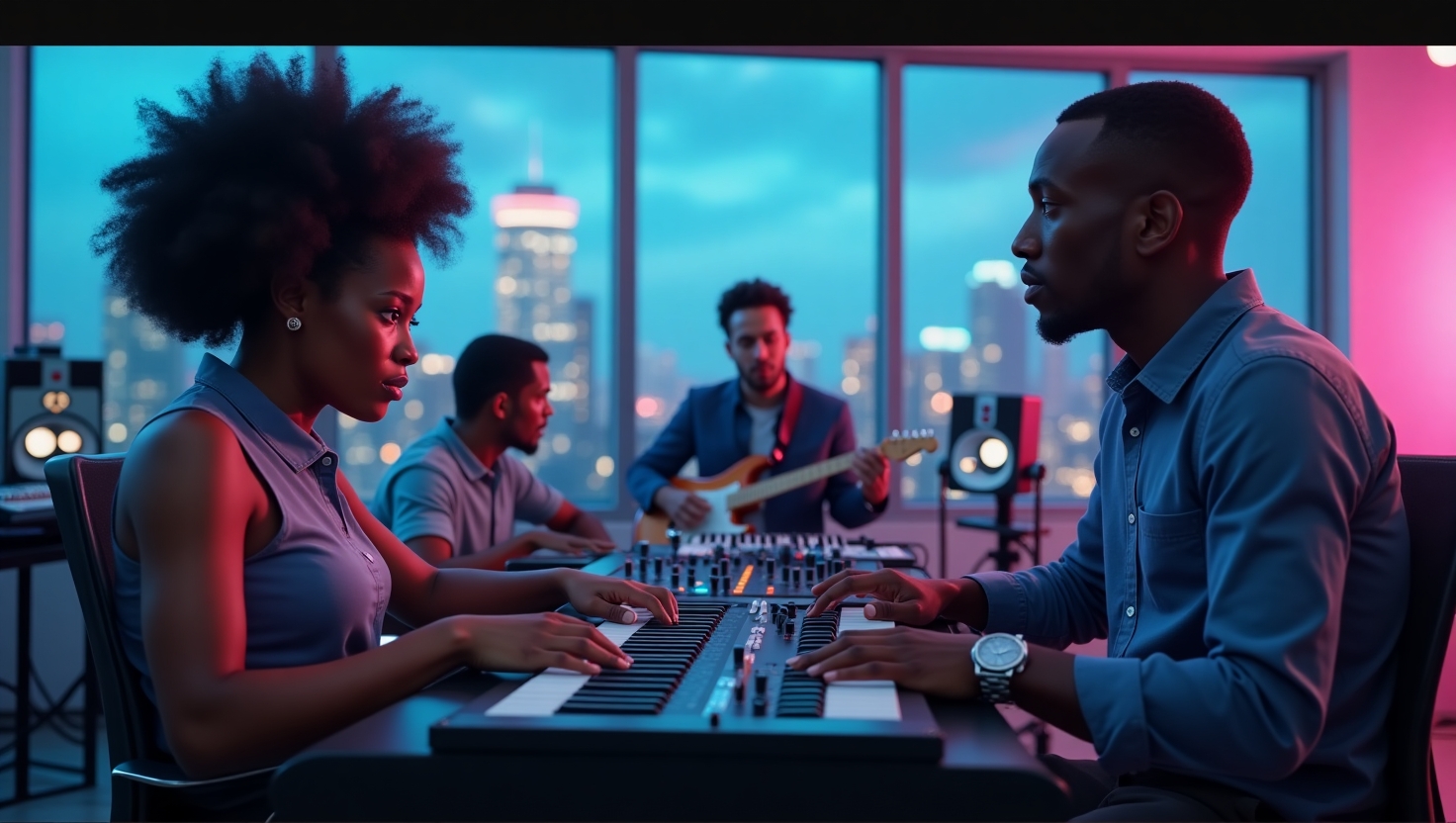The Rise of AI-Generated Music: A New Era in Music Technology
Intro
In recent years, AI-generated music has become an increasingly significant force within the music industry. This remarkable fusion of creativity and technology has opened new avenues for both artists and audiences, marking a profound evolution in how music is created and experienced. As these AI systems grow more sophisticated, they provide musicians with innovative tools for composition and experimentation, while offering listeners fresh, immersive experiences. The intersection of AI and music technology is not just shaping how we create and consume music, but also how we perceive and connect with it on an emotional level.
Background
The journey of music technology leading to AI-generated music is an exciting narrative of evolution and innovation. From the invention of the phonograph to digital music production software, each milestone paved the way for AI’s entrance into the music scene. Ethical AI plays a crucial role in this domain, challenging the conventional boundaries of music creation while addressing concerns about authorship and artistic integrity.
Key figures in this field, such as Kimaya Lecamwasam, are exploring these intersections in profound ways. As a PhD student at MIT, Lecamwasam is researching how music intersects with neuroscience and AI to develop mental health interventions. Her work underscores the potential for AI-generated music to impact mental well-being, as it captures the emotional resonance of music in new and innovative formats (source: MIT News).
Trend
The current landscape of AI-generated music is characterized by rapid advancements and intriguing applications. AI algorithms can now compose entire symphonies or create ambient soundscapes, which highlights a shift in creativity within the industry. For instance, AI systems like OpenAI’s MuseNet can generate music in various styles and formats, offering limitless potential for exploration.
These innovations invite reflection on the creative process itself—where does human creativity end and machine-generated ingenuity begin? As AI continues to push the boundaries of traditional music-making, it is redefining what it means to be an artist in the digital age.
Insight
One of the most intriguing aspects of AI-generated music is its potential to evoke emotional responses comparable to those elicited by human-composed music. Kimaya Lecamwasam’s research emphasizes the emotional resonance of AI-generated sound, exploring how it can contribute positively to mental health. \”That close connection between making music and feeling well is what first pushed me to ask why music has such a powerful hold on us,\” Lecamwasam notes, pointing to the profound impact music has on our psyches.
However, the use of AI in creativity raises ethical questions regarding originality, ownership, and authenticity. These considerations necessitate ongoing discussions about the role of ethical AI in safeguarding the integrity of artistic expression while reaping the benefits of technological advancement.
Forecast
Looking to the future, the evolution of AI-generated music suggests exciting possibilities for artists and audiences alike. We might anticipate AI-personalized compositions that cater to individual preferences or mood-responsive playlists that leverage music technology to enhance our daily lives. As these technologies advance, it will be crucial to establish ethical guidelines to navigate the creative and moral implications of AI in music.
Artists may find themselves collaborating with AI as co-creators, forging new paths in artistic expression. Furthermore, listeners may experience music in a more personalized and emotionally tuned manner, offering a deeper connection to the auditory art form.
CTA
Embrace the evolving landscape of music technology by exploring the potential of AI-generated music and its impact on mental well-being. Stay informed on developments in this field by following the work of pioneering researchers like Kimaya Lecamwasam who are at the forefront of this exciting intersection of creativity, neuroscience, and AI. As we stand on the brink of this new era, the possibility for music to heal and inspire through technology promises a harmonious future.
